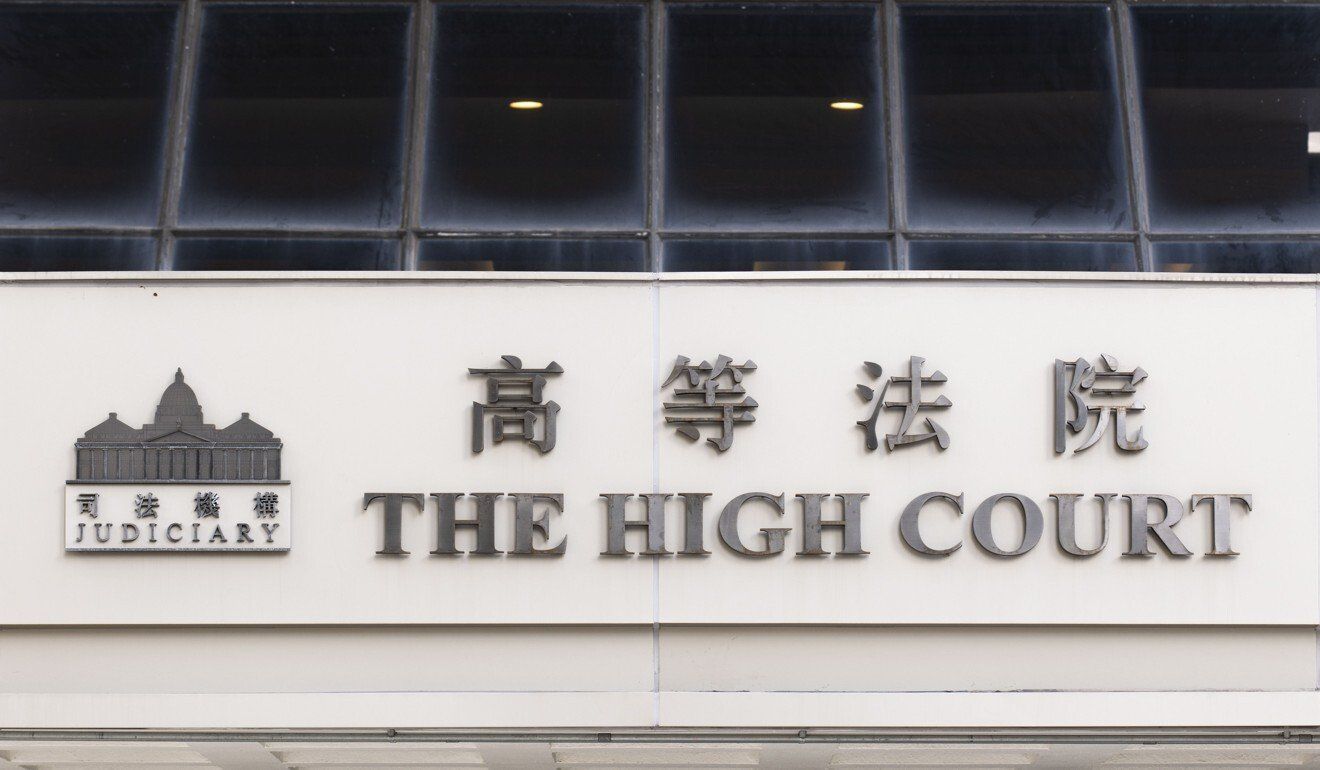
Liposuction doctor guilty of manslaughter over death of dance instructor
A doctor has been found guilty of gross negligence manslaughter over a fatal liposuction treatment at a Hong Kong beauty centre seven years ago.
Dr Vanessa Kwan Hau-chi, 38, was convicted by a High Court jury of four men and three women on Monday over the death of Josephine Lee Kar-ying, 32, on June 26, 2014.
The unanimous verdict was reached after eight hours of deliberations following directions from Madam Justice Susana D’Almada Remedios.
The judge will hear mitigation and sentence the doctor on September 3.
“This is an extremely serious offence and I can see no other sentence than one of immediate imprisonment,” she said in revoking Kwan’s bail.
Manslaughter is punishable by life imprisonment.
Pro-establishment lawmaker Alice Mak Mei-kuen, who had been providing assistance to Lee’s family, said they welcomed the verdict and thanked the investigators’ efforts over the past seven years.
Mak also appealed to the government to follow up on the case and enhance regulation and law enforcement to prevent a repeat of the tragedy.
 A High Court jury reached its unanimous verdict in eight hours.
A High Court jury reached its unanimous verdict in eight hours.
The court previously heard Lee was a dance instructor who weighed 113.5kg (250lbs) before receiving treatment from her schoolmate, Kwan, at the Regrowth Hair Transplant Centre in Tsim Sha Tsui.
Lee received her first liposuction, targeting her abdomen, on April 20 of the same year, and returned on June 26 for a second session to remove back fat.
Her cause of death cannot be ascertained, but experts have ruled out overdose of anaesthetics, trauma, haemorrhage and infection.
Prosecutor Juliana Chow Hoi-ling said Kwan, as the only registered medical doctor present in the operating room during the three-hour liposuction procedure, owed a duty of care to Lee.
Kwan was accused of having failed to take reasonable care of the woman’s safety, and that breach amounted to gross negligence that was a substantial cause of death.
In particular, Kwan was said to have failed to ensure a properly qualified person – such as an anaesthetist – was present to administer and monitor the sedation, and to follow the Hong Kong Academy of Medicine’s guidelines on procedural sedation.
Kwan was further accused of failing to ensure sufficient oxygen supply during Lee’s liposuction, as well as providing her with proper and sufficient monitoring, plus adequate timely resuscitation after the procedure.
The prosecutor said Kwan left the operating room before Lee had regained consciousness from her deep sedation, leaving her to the care of four untrained assistants who appeared to have monitored her vitals by her snoring.
When they noticed she was snoring less and turning pale, they alerted Kwan, who returned four minutes later, instructed staff to call emergency services but did not resuscitate Lee, Chow said.
Lee showed no signs of life upon arriving at Queen Elizabeth Hospital in Jordan at 4.12pm and was certified dead at 5.06pm.
Dr Chan Yu-kit, a plastic surgeon testifying for the prosecution, said liposuction was a seemingly simple procedure, but could have a fatal outcome when performed by inexperienced parties in beauty centres.
He said the operation management in the present case was “quite dangerous” and questioned Kwan’s experience in performing the procedure, adding the lack of a severe adverse outcome in the past might have been through chance or luck, instead of the doctor’s ability.
Kwan did not testify, nor did she summon any witness to counter the prosecution’s expert evidence.
When the case came to closing submissions, the judge observed: “I still don’t know what your defence is.”
Defence counsel Paul Leung Chiu-lam said Kwan did not intend to put Lee under deep sedation and noted that Lee could still talk during the procedure, as she was recorded saying, “painful, painful, painful”.
Leung also said “one cannot expect a surgeon to stay with the patient all the time” and countered that the assistants were not completely untrained as alleged.
He further pointed out that a police officer attending the scene had witnessed Kwan performing some kind of resuscitation on Lee.
In 2016, Kwan was acquitted by Kwun Tong Court of one count of failing to keep a register or records of pethidine – a regulated dangerous drug – stemming from the same incident.










